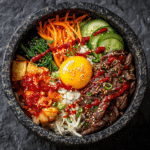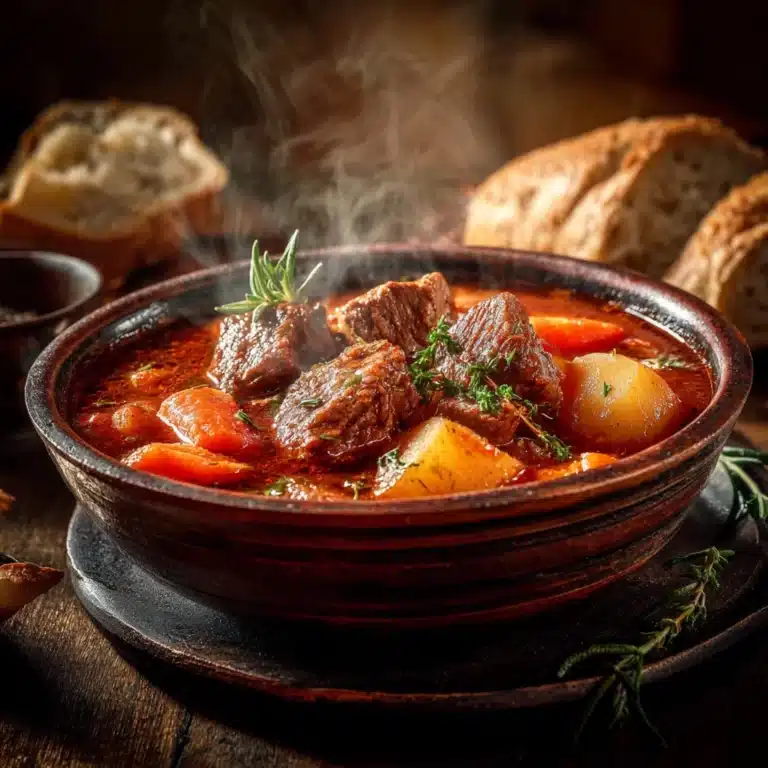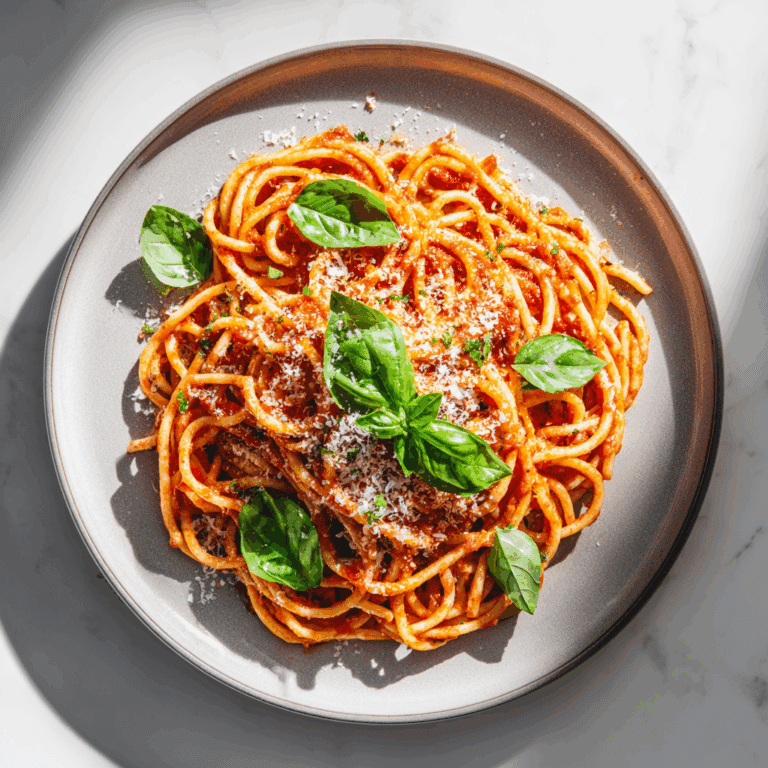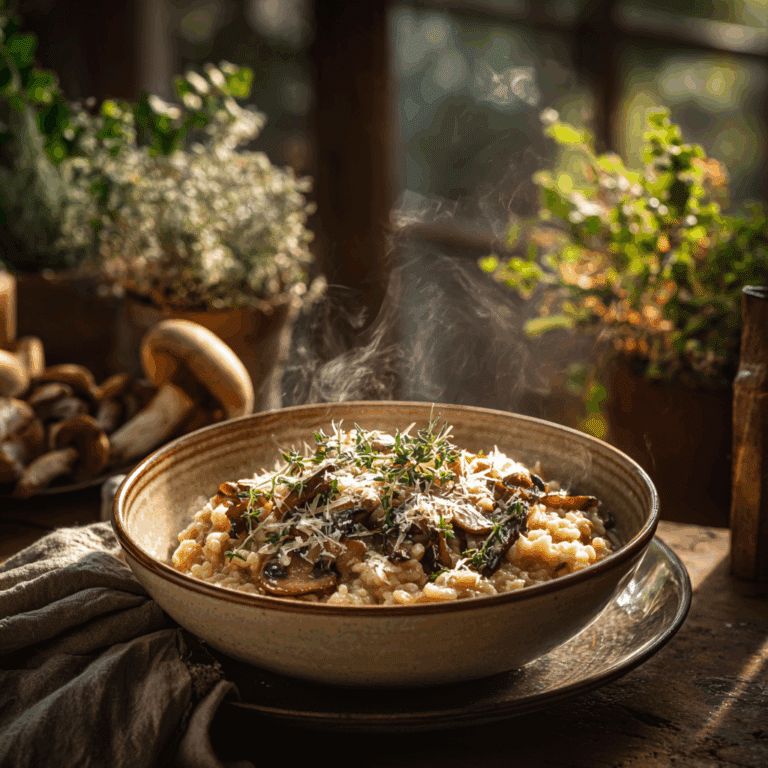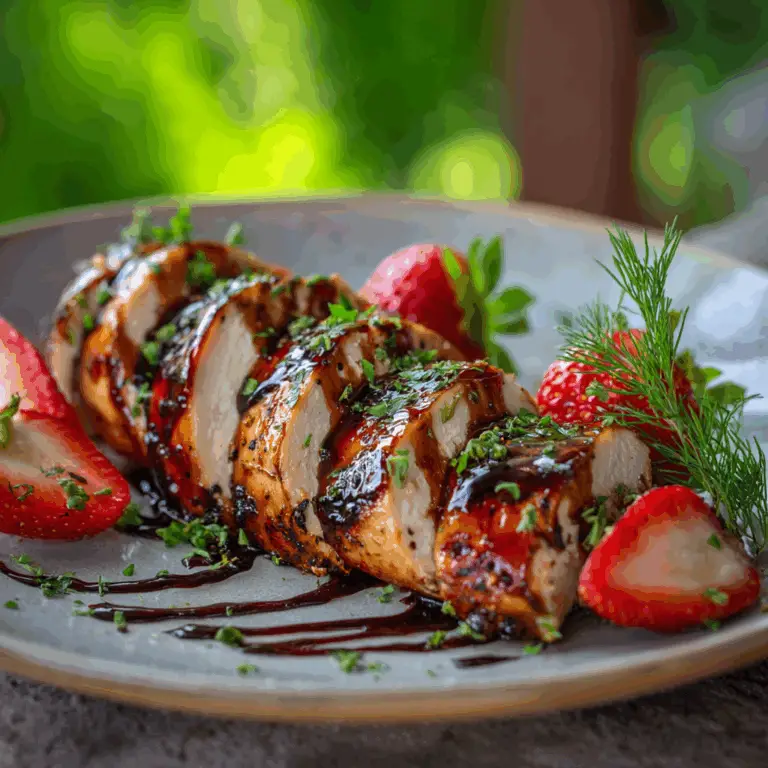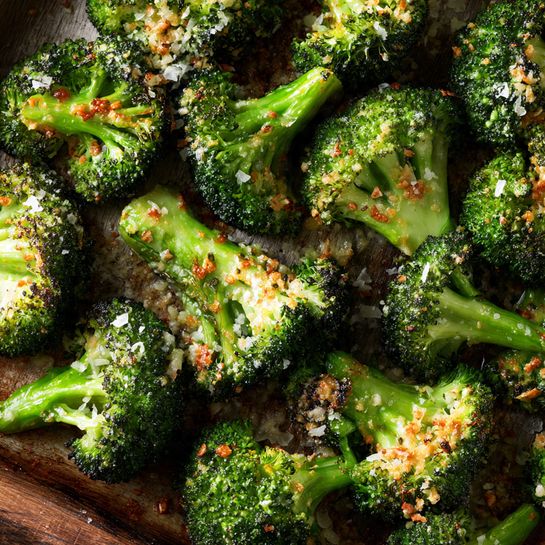Korean Bibimbap Without Sauces
Korean bibimbap is a colorful and nutritious dish made with steamed rice, assorted vegetables, and often an egg or protein on top. This version omits sauces, making it lighter and allowing the natural flavors of the ingredients to shine through. It is ideal for those seeking a clean, wholesome, and easily customizable meal.
Why You’ll Love This Recipe
This bibimbap without sauces is a simple yet elegant dish that celebrates fresh ingredients in their purest form. It is versatile, healthy, and perfect for both meal prep and quick lunches. The absence of sauces allows each vegetable and grain to maintain its distinct taste, making it suitable for those who prefer a low-sodium or mild-flavor diet. Additionally, it is easy to adjust to vegetarian, vegan, or high-protein preferences.
ingredients
(Tip: You can find the complete list of ingredients and their measurements in the recipe card below.)
-
Cooked short-grain rice
-
Fresh spinach, blanched
-
Carrots, julienned and lightly sautéed or blanched
-
Zucchini, julienned and lightly sautéed
-
Bean sprouts, blanched
-
Mushrooms (shiitake or button), sliced and sautéed
-
Eggs (fried, soft-boiled, or poached)
-
Sesame oil (optional, for light flavor)
-
Salt (optional, for seasoning vegetables)
directions
-
Prepare the rice according to package instructions and keep warm.
-
Blanch spinach briefly in boiling water, then rinse with cold water and gently squeeze out excess moisture.
-
Julienne the carrots and zucchini, then sauté them separately in a dry or lightly oiled pan until tender.
-
Blanch bean sprouts until just softened, then drain.
-
Sauté mushrooms until lightly browned and tender.
-
Fry, soft-boil, or poach the eggs as desired.
-
Arrange the cooked rice in a large bowl.
-
Neatly arrange each prepared vegetable in sections over the rice.
-
Place the cooked egg in the center.
-
Optionally drizzle with a small amount of sesame oil before serving.
Servings and timing
-
Servings: 4
-
Preparation time: 25 minutes
-
Cooking time: 15 minutes
-
Total time: 40 minutes
Variations
-
Replace the egg with grilled tofu for a vegan option.
-
Use quinoa or brown rice instead of white rice for a higher-fiber version.
-
Add thinly sliced grilled beef or chicken for extra protein.
-
Include seasonal vegetables such as bell peppers or spinach sprouts.
-
For a slightly richer flavor without sauces, add toasted sesame seeds.
storage/reheating
Store leftover bibimbap components separately in airtight containers in the refrigerator for up to 3 days. To reheat, warm the rice and vegetables separately in the microwave or on the stovetop. Eggs are best cooked fresh for each serving. Avoid freezing as the vegetables may lose their texture.
FAQs
1. Can I make bibimbap without an egg?
Yes, you can omit the egg or substitute it with tofu or other plant-based protein sources.
2. What type of rice is best for bibimbap without sauces?
Short-grain white rice is traditional, but you can use brown rice, jasmine rice, or quinoa for a different texture.
3. How can I add flavor without sauces?
You can lightly season vegetables with salt, pepper, and sesame oil, or add herbs for a fresh twist.
4. Is this recipe suitable for vegans?
Yes, if you replace the egg with a plant-based protein.
5. Can I prepare the vegetables in advance?
Yes, you can cook and store the vegetables in the refrigerator for up to 3 days for quick assembly.
6. Does bibimbap without sauces taste bland?
Not necessarily. The variety of fresh vegetables and textures keeps it flavorful, even without sauces.
7. Can I use frozen vegetables?
Yes, but fresh vegetables will provide better texture and flavor.
8. What protein can I add besides egg?
Grilled chicken, beef strips, shrimp, or tempeh work well.
9. Is sesame oil necessary?
No, it is optional, but a small drizzle enhances aroma and taste.
10. Can I make this into a packed lunch?
Yes, simply store each component separately and assemble just before eating.
Conclusion
Korean bibimbap without sauces is a wholesome, flexible dish that highlights the natural beauty and flavor of fresh ingredients. By keeping it simple, this recipe offers a nourishing meal that can easily be adapted to personal tastes and dietary needs, making it an excellent choice for health-conscious and busy individuals alike
PrintKorean Bibimbap Without Sauces
Bibimbap is a classic Korean mixed rice dish topped with a variety of seasoned vegetables, a fried egg, sliced meat (optional), and spicy gochujang sauce, creating a flavorful and colorful meal.
- Prep Time: 20 mins
- Cook Time: 15 mins
- Total Time: 35 mins
- Yield: 2 servings 1x
- Category: Main Dish
- Method: Stir-Fry
- Cuisine: Korean
- Diet: Halal
Ingredients
- 2 cups cooked short-grain white rice
- 1 cup spinach, blanched and seasoned with salt
- 1 cup bean sprouts, blanched and seasoned with salt
- 1 medium carrot, julienned
- 1 small zucchini, julienned
- 1 cup shiitake mushrooms, sliced
- 200g beef sirloin, thinly sliced (optional)
- 2 large eggs
- 2 tbsp sesame oil
- 1 tbsp soy sauce
- 1 tsp garlic, minced
- 2 tbsp gochujang (Korean chili paste)
- 1 tsp sugar
- 1 tsp sesame seeds
- Salt and pepper to taste
Instructions
- Cook the rice and keep it warm.
- Prepare each vegetable separately: sauté carrots, zucchini, and mushrooms lightly in sesame oil with a pinch of salt.
- Blanch spinach and bean sprouts separately, then season with salt and sesame oil.
- If using beef, marinate with soy sauce, minced garlic, sugar, and sesame oil, then pan-fry until cooked through.
- Fry the eggs sunny-side up.
- Arrange rice in a large bowl, neatly placing vegetables and beef on top in sections.
- Place the fried egg in the center.
- Add gochujang on the side or in the middle, sprinkle with sesame seeds.
- Mix well before eating.
Notes
- For a vegetarian version, omit the beef and add extra vegetables or tofu.
- Adjust gochujang amount based on spice preference.
- Serve in a heated stone bowl (dolsot) for a crispy rice bottom.
Nutrition
- Serving Size: 1 bowl
- Calories: 550
- Sugar: 8g
- Sodium: 820mg
- Fat: 18g
- Saturated Fat: 4g
- Unsaturated Fat: 12g
- Trans Fat: 0g
- Carbohydrates: 75g
- Fiber: 6g
- Protein: 20g
- Cholesterol: 185mg
Keywords: bibimbap, korean rice bowl, mixed rice, gochujang, vegetables

